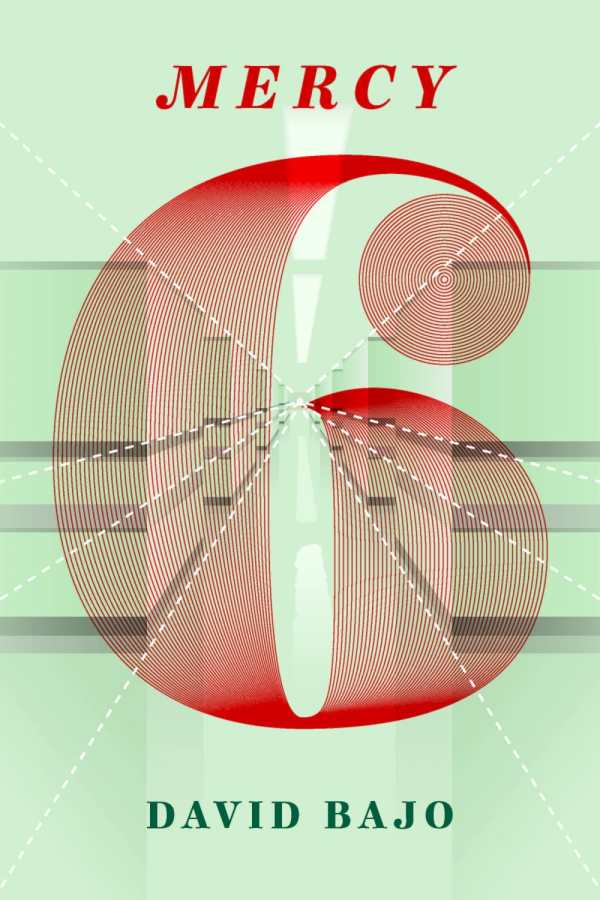Mercy 6
This obscure but thought-provoking novel explores how new ideas can either be encouraged or contained in order to maintain the status quo.
The premise of Mercy 6, by David Bajo, is immediately intriguing: four people at Mercy General Hospital suddenly collapse and die at the same moment. They are in different areas of the hospital, with different medical histories; some are patients, some are employees. The likely cause is a virus. ER doctor Anna Mendenhall expects that revered infectious disease specialist Dr. Thorpe will quickly jump to this conclusion, but Mendenhall has doubts and is determined to investigate further, even though she is faced with tremendous resistance in the process. She sets about working with the architect who recently redesigned the hospital, and she collaborates with other medical specialists both inside and outside of the hospital to find the truth. She draws on her training and advice from her mentor to guide her investigation.
The well-written story spans the day following the sudden deaths. Detailed descriptions vividly convey the atmosphere in the hospital in the aftermath. Little information is discovered about the deaths, as the focus is more on the process of dealing with the potential outbreak. Still, the mysterious nature of the deaths is compelling and sustains interest.
Throughout the novel, Mendenhall talks about thinking and feeling in metaphor. It is an apt description of the entire plot, which serves as a device to explore broader questions about paradigms of knowledge and scientific discovery. Themes address issues of hierarchy and power among the doctors—specifically, whose opinions are valued and which of those opinions dominate.
While little is learned about Mendenhall’s life outside of the hospital, her reflections and her desire to delve deeper into the medical mystery reveal much about her character, values, and personal philosophy on medicine and scientific discovery, as well as the frustrations she feels as an ER doctor: “She hated what she’d become—a person who loved an awful job, a hideous job. A person who worked as a voyeur, who was paid to peer and invade, see the undignified ways people die. Mendenhall never cured them or even really treated them. The doctors—and nurses—beyond her did that, the noble stuff.”
The complex, nuanced story will appeal to those interested in deciphering the events and attaching their own meaning rather than being provided straightforward answers. The events are a metaphor that can be interpreted in many ways, about containing information, and about the consequences of stifling and suppressing new ideas.
Reviewed by
Maria Siano
Disclosure: This article is not an endorsement, but a review. The publisher of this book provided free copies of the book to have their book reviewed by a professional reviewer. No fee was paid by the publisher for this review. Foreword Reviews only recommends books that we love. Foreword Magazine, Inc. is disclosing this in accordance with the Federal Trade Commission’s 16 CFR, Part 255.

